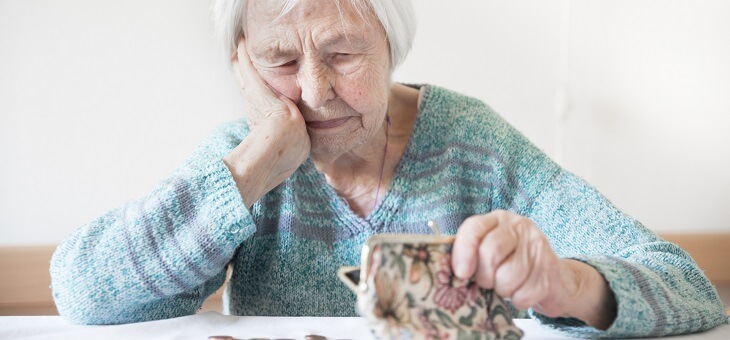An explosion in house prices over the past couple of years has made many homeowners richer than they might have dreamed.
Figures released in March by the Australian Bureau of Statistics showed that the weighted average of the eight capital cities Residential Property Price Index rose by a staggering 23.7 per cent in 2021.
That sounds like great news for property owners, and for those who are in a position to sell without buying another property, it is. But for most, while it makes them asset richer, it provides no immediate financial benefit.
In fact, for many it has done just the opposite. As property values go up, so do property rates. And these, of course, need to be paid each and every year.
Read: Inflation hasn’t been higher for 32 years. What now?
Though this is likely to be a strain on asset ‘rich’, low-income earners across the nation, it was brought into focus in South Australia last week, with calls for some form of relief for those in this predicament.
Referring to low-income South Australians who own their home but little else and are unable to sell, Uniting Communities financial inclusion manager Jen Dunkley called on councils to move away from rate increases based on rising property valuations.
“Local government needs to be reducing their rates as a percentage of property valuations as property values rise, so that the actual rates paid at below CPI increases,’’ she said.
Read: ‘Logic-defying’ property prices good news for older Aussies
In some areas of South Australia, this year’s rates have risen by as much as 7.4 per cent, well above the inflation rate of 6.1 per cent, with councils citing high property valuations as the reason.
But not all areas have been hit to such a degree.
Onkaparinga Council has based its 2022–23 increases on an inflation rate of 4.7 per cent, creating an average annual increase of $74 to $1653.
However, not all councils have followed suit. The mayor of Norwood, Payneham and St Peters, Robert Bria, moved to reduce this year’s planned 7.4 per cent rate increase, but his motion was voted down by his fellow councillors.
Read: RBA rate rise risks leaving age pensioners behind
Mr Bria said the area governed by his council included many elderly migrants, who lived in now sought-after suburbs, sparking a spike in property values in recent years.
National Seniors Australia chief advocate Ian Henschke said there were concessions that older South Australians could utilise, including the SA state government’s Cost of Living Concession, which was doubled in a one-off this year to $447 for pensioner owner-occupiers, $112 for some self-funded retirees, and tenants $224.
Other states have attempted to mitigate the financial pain in similar ways. In New South Wales, concessions are available to eligible pensioners on their rates. These include a $250 rebate on ordinary council rates, $87.50 on annual water rates and $87.50 on annual sewerage rates. In Victoria, a similar discount scheme is also in place.
For property owners on low incomes who are struggling to stay ahead with bill payments, the news that their home is now worth more comes as little comfort. But at least some financial relief may be available through their state government.
Have you been hit by a property rate hike? Are you aware of any concessions that may be available to you? Why not share your experience and thoughts in the comments section below?
If you enjoy our content, don’t keep it to yourself. Share our free eNews with your friends and encourage them to sign up.

